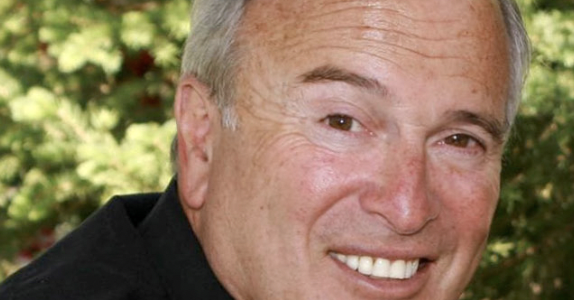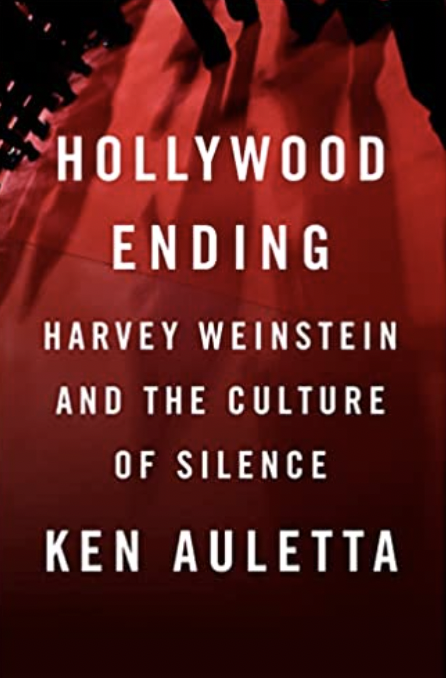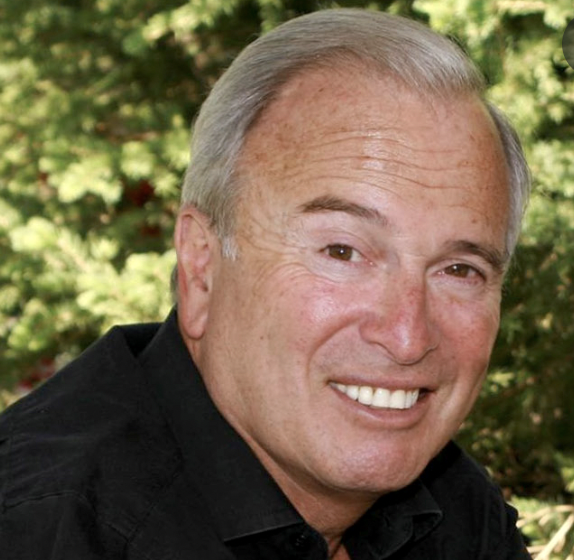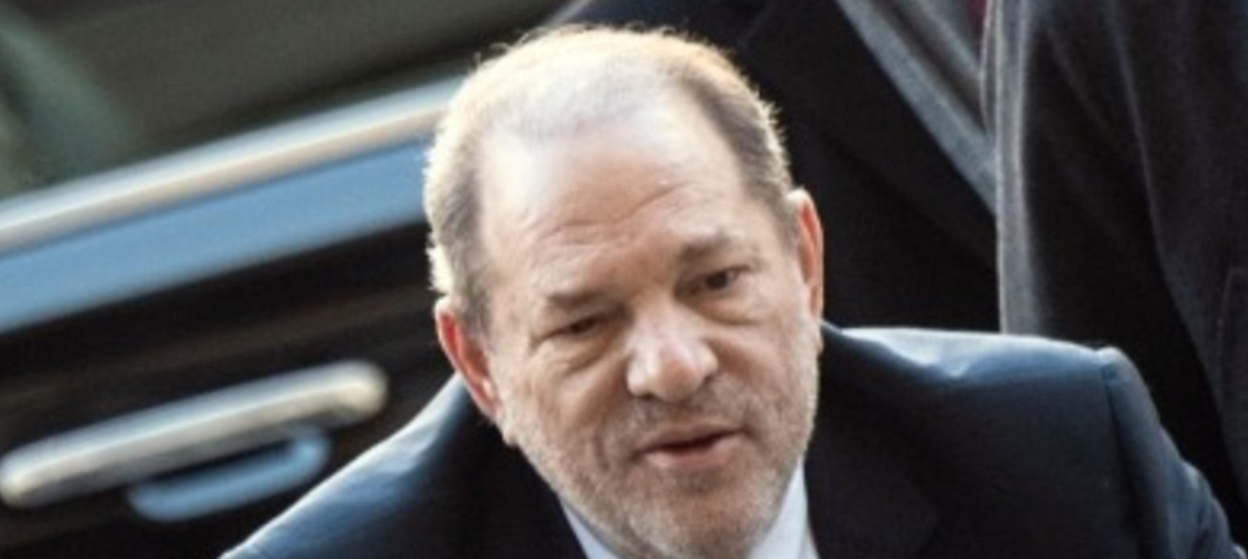
Mogul’s fall from grace and the spiderweb in which his victims were trapped



New Yorker reporter Ken Auletta while reporting a profile of Harvey Weinstein in 2002, received a disturbing tip: the Oscar-winning producer had sexually assaulted a young employee four years earlier at the Venice Film Festival. Although Auletta had heard rumors that Weinstein sexually abused women, he chose to honour non-disclosure agreements that protected Weinstein for decades.
The resulting New Yorker article “ Beauty and the Beast” charted on-the-record accounts of all manner of bad behaviour from Weinstein.
Auletta said, “ I believe Harvey was guilty of beastly sexual behaviour. But I lacked proof”. In Hollywood Ending: Harvey Weinstein and the Culture of silence by Ken Auletta.
Auletta, who has covered the Hollywood and media power game for the New Yorker for three decades, spoke to hundreds of sources about Weinstein to chart how Weinstein rose to become a dominant figure in the film world, how he used that position to feed his monstrous sexual appetites, and how it all came crashing down. When Auletta confronted Weinstein who denied the claims, Fifteen years later, he was able to share his reporting notes and knowledge with Ronan Farrow, he cheered as Farrow, Jodi Kantor, and Meghan Twohey of the New York Times who persuaded women to break their NDA’s and go public with their stories, earning the journalists a Pulitzer Prize in 2018, and helping to launch #MeToo as a viral movement, finally revealed the truth. Auletta aided Ronan Farrow’s Pulitzer-winning reporting on Weinstein for the New Yorker by handing over his old notes. Auletta 80, with the challenge of finding fresh material, for the Weinstein’s 2020 trial which ended with the one-time Hollywood power broker being sentenced to 23 years in prison and digging into his early life. Auletta describes the inner workings of Miramax, the film studio Weinstein launched in 1979 with his brother, Bob, and the ill-fated Weinstein Co. Miramax produced culture-shaping films like Shakespeare in Love and Pulp Fiction and launched the careers of Gwyneth Paltrow and Quentin Tarantino. But Miramax also served as the vehicle that allowed Weinstein to ensnare his victims and cover up his crimes. Harvey and Bob’s parents Miriam and Max and the boys’ early life in Flushing Queens. Auletta writes: Miriam’s ear-piercing screams were common, noting that she constantly berated Harvey and never seemed satisfied with his grades his eating habits his weight”.
The brothers got their start in show business in Buffalo, New York, ( also where Weinstein a sexual predator began), showing art house films and putting on rock concerts in the 1970s. Weinstein moved to Manhattan in 1979 as a “bottom feeder” in the movie industry, and by 1990 Miramax had emerged as the leader of the independent film revolution, thanks to the distribution of Sex, Lies, and Videotape and the backing of My Left Foot. Under Miramax’s indie image, Bob produced popcorn movies on the cheap, such as the 1996 horror hit Scream, that often made most of the money, but Harvey was an uncontrolled spender, whose prestige movies won prizes but were less profitable and often lossmaking. Weinstein’s volatile temperament and uncontrollable appetites and his lack of impulse control sometimes served him well in a negotiation, in getting the movies made, in marketing them, in bulldozing actors and directors to succumb to his wishes” writes Auletta.
Miramax’s entrepreneurial culture attracted young talented and ambitious to the spider web.
The trial of assaults and cover-ups had been exposed, but the larger question remained what was the root of Weinstein’s monstrousness? How and why, was it never checked? Why the silence? How does a man run the day-to-day operations of a company with hundreds of employees and revenues in the hundreds of millions of dollars, and at the same time live a shadow life of sexual predation without ever being caught? How much is this a story about Harvey Weinstein and how much is this a story about Hollywood and power?
Auletta in Hollywood Ending conducts an unflinching examination of Weinstein’s life and career, embedding his crimes, in the context of the movie business, in his failures, and the successes that led to enormous power. Film stars, Miramax employees and board members, old friends, and family, and even the person who knew his best- Harvey’s brother, Bob- all talked to Auletta in detail. Weinstein himself also responded to Auletta’s questions from prison to paint the portrait of a predator and the power that allowed Weinstein to operate with such impunity for so many years, the spiderweb in which his victims found themselves trapped.
Hollywood Ending: Harvey Weinstein and the Culture of silence by Ken Auletta, Penguin Press $30, 480 pages.
